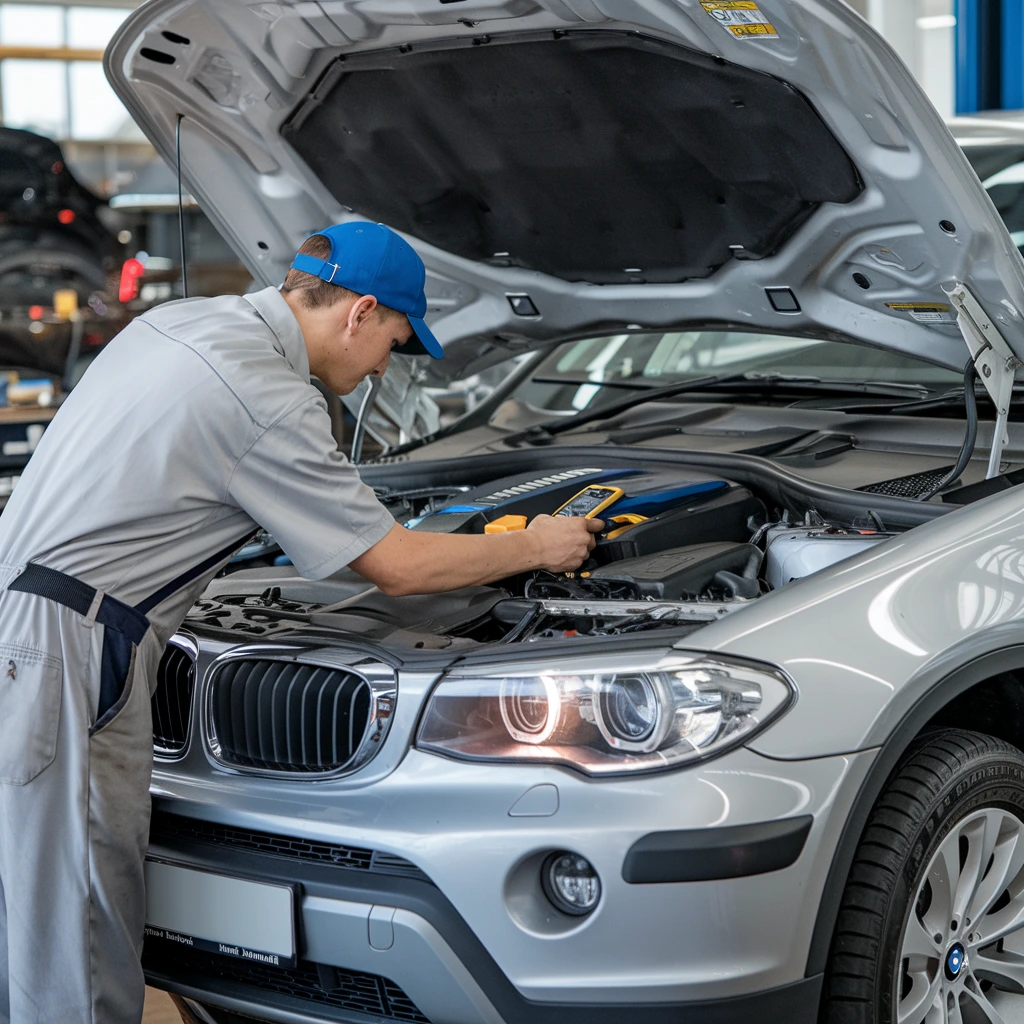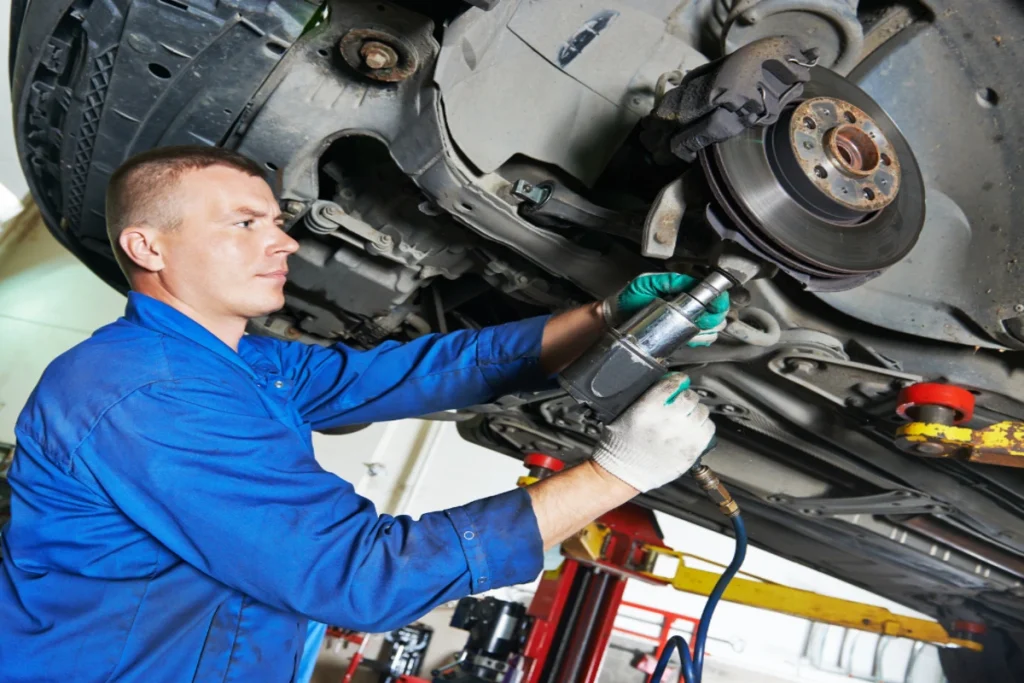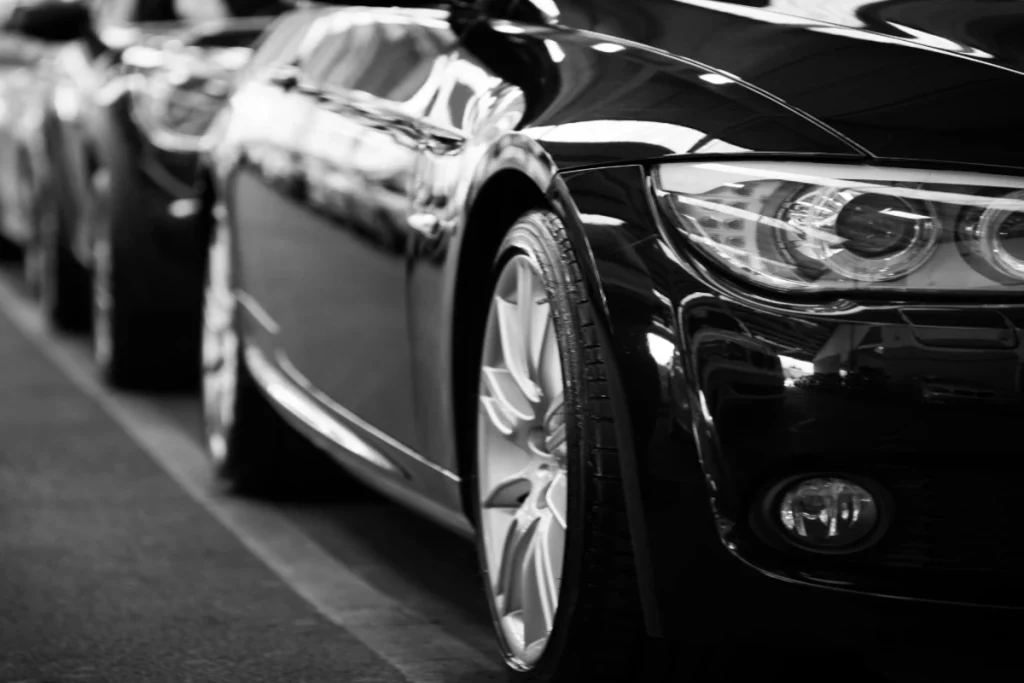When your car’s dashboard lights up with a check engine alert, it’s easy to brush it off as a minor issue—especially if your European car seems to be running fine. However, why you shouldn’t ignore a check engine light on your European car goes beyond avoiding inconvenience; it’s about safeguarding your vehicle’s performance and your safety. This small but significant warning can indicate anything from a simple sensor error to a critical engine malfunction.
Ignoring the European check engine light could lead to costly repairs, reduced performance, or even a breakdown. Here’s why paying attention to a check engine alert is vital and how to address it effectively.
What Does a Check Engine Light Mean?
The check engine light acts as your car’s way of communicating that something isn’t functioning correctly. It can range from a loose gas cap to a failing oxygen sensor, but for European cars, the stakes are often higher. European vehicles like BMW, Audi, Mercedes-Benz, Porsche, and Volvo are known for their advanced technology and engineering precision. As such, the check engine light might signal more complex issues compared to non-European brands.
When this light appears, your car’s onboard diagnostics system or OBD has detected an anomaly. Dismissing it can lead to minor issues spiraling into major repairs. For instance, a misfiring engine might seem harmless initially, but it can damage the catalytic converter if left unaddressed.
If you’re unsure what the light indicates, bring your car to Union Line Garage in Pennington, NJ. Our experienced technicians are equipped with specialized tools to accurately diagnose and repair all makes of European vehicles.
The Risks of Ignoring a Check Engine Light
Ignoring a check engine light in your European vehicle can cause multiple problems, including:
- Reduced Engine Performance
Your car’s performance is designed to operate at an optimal level. When the check engine light is on, it might indicate an issue impacting fuel efficiency, acceleration, or overall smoothness. European car owners often value the seamless driving experience their vehicles provide. Overlooking the light could compromise that quality. - Potential Damage to Engine Components
Issues flagged by the check engine light—such as faulty sensors or ignition coil problems—can cause strain on other parts of your engine. European cars, with their intricate designs, require precise functioning of all components. Failing to address the warning could lead to more extensive engine damage. - Increased Repair Costs
What starts as a simple issue, such as a faulty sensor, could escalate into a costly repair like replacing the catalytic converter or turbocharger. European car parts are typically more expensive than average, making early intervention crucial to avoid unnecessary expenses.
How European Cars Are Different When It Comes to Engine Diagnostics
European vehicles are designed with cutting-edge technology and specialized engineering, making their diagnostic systems distinct. For example, brands like Audi, Volkswagen, BMW, and Porsche often have brand-specific diagnostic protocols. The European check engine light in these cars might point to issues unique to their systems, such as:
- Malfunctioning direct injection systems
- Turbocharger pressure inconsistencies
- Failing emissions control components
The complexity of these systems means that you’ll need a mechanic experienced in European car diagnostics. General repair shops might not have the right tools or expertise to decode the check engine light correctly, leading to misdiagnosis or incomplete repairs. Union Line Garage in Pennington, NJ, is your destination for specialized European car diagnostics, ensuring accurate results and quality repairs.
Common Causes of a Check Engine Light in European Cars
If your European check engine light is on, these are some common culprits:
- Oxygen Sensor Failure
The oxygen sensor monitors the air-to-fuel ratio in your engine. A faulty sensor can reduce fuel efficiency and increase emissions—two issues that European cars are finely tuned to avoid. - Loose or Faulty Gas Cap
A gas cap might seem insignificant, but it seals the fuel system and maintains pressure. If it’s loose or broken, it can trigger the check engine light. This is one of the easiest fixes but is often overlooked. - Catalytic Converter Issues
European cars often have advanced catalytic converters designed to reduce harmful emissions. If this component is failing, it can drastically impact engine performance and even make your car non-compliant with emissions standards. - Mass Airflow Sensor Problems
The mass airflow sensor measures the amount of air entering the engine. Inaccurate readings can lead to poor fuel economy and reduced engine power. This is especially critical in turbocharged European models.
How to Address a Check Engine Light in a European Car
Addressing a European check engine light requires a methodical approach:
- Don’t Panic
While the light may seem alarming, it’s not always indicative of a catastrophic issue. However, delaying action can turn a minor problem into a bigger one. - Check for Simple Fixes First
Before heading to a mechanic, inspect common culprits like the gas cap. Tighten it and see if the light turns off after a few drives. - Consult a Specialist Mechanic
European cars require diagnostic tools and expertise specific to the brand. A specialist mechanic can accurately read the diagnostic codes and recommend the appropriate solution. Avoid relying on generic scanners or mechanics unfamiliar with European vehicles. - Perform Regular Maintenance
Preventive care can reduce the chances of a check engine light appearing in the first place. European cars often follow stricter maintenance schedules, so stay consistent with oil changes, spark plug replacements, and system checks.
Long-Term Benefits of Promptly Addressing a Check Engine Light
- Enhanced Performance
European car owners invest in their vehicles for the superior driving experience. Addressing issues promptly ensures your car continues to perform as designed. - Lower Environmental Impact
Many European brands prioritize low emissions. By fixing issues flagged by the check engine light, you help maintain your vehicle’s eco-friendly standards. - Higher Resale Value
A well-maintained European car holds its value better. Ensuring the check engine light is addressed and resolved reflects positively in vehicle history reports.
Contact Union Line Garage Your European Auto Repair and Maintenance in Pennington, NJ
The check engine light is your car’s way of telling you something needs attention. When it comes to why you shouldn’t ignore a check engine light on your European car, the reasons are clear: it protects your investment, ensures safety, and keeps your vehicle running efficiently. Ignoring it might seem like a shortcut at the moment, but it can lead to costly repairs and long-term damage.
If your European car’s check engine light is on, don’t wait. Contact Union Line Garage in Pennington, NJ, at (609) 466-0294. Our expert mechanics specialize in diagnosing and repairing European vehicles, ensuring your car remains in peak condition.





